Russia Threat Reaches ‘Across Europe,’ U.K. Leader Tells Summit
[ad_1]
The venue was an opulent 18th-century palace, the birthplace of Winston Churchill. The guests included more than 45 of Europe’s leaders. And King Charles III was on hand to host a reception.
Yet despite the serene grandeur of Blenheim Palace, near Oxford, the continent’s top politicians met in Britain on Thursday in a mood of heightened anxiety, as Russian troops advance in Ukraine and the possibility looms of a second term for former President Donald J. Trump, an unpredictable force on the world stage who has voiced disdain for the trans-Atlantic alliance.
Britain’s new prime minister, Keir Starmer, opened the summit with a warning that European security was “on the line,” promising to “face down aggression on this continent together because the threat from Russia reaches right across Europe.”
President Volodymyr Zelensky of Ukraine, seated next to Mr. Starmer, invoked the historic surroundings in his address, saying that bravery was Churchill’s defining quality and had helped win “the battle for Britain and, of course, for all Europe” during World War II. “Will Europe be a continent that neither surrenders nor sells itself to tyrants?,” he asked.
“Clearly events in Milwaukee will hang over this summit,” said Kim Darroch, a former British national security adviser, ahead of the meeting, referring to the Republican National Convention, where Mr. Trump announced J.D. Vance, a critic of U.S. support for Ukraine, as his vice-presidential nominee.
Sophia Gaston, head of foreign policy at Policy Exchange, a British research institute, said the possibility of a second Trump presidency was the “elephant in the room,” adding: “There is going to be a bit of pressure on Britain, France, Germany, Italy, Poland — the big security actors in Europe — to make some kind of demonstration that Ukraine’s future is in hand.”
Despite the troubled backdrop, Mr. Starmer, in office less than two weeks, used the opportunity to proclaim the return of Britain as a leading player in Europe, and to draw closer to the European Union, after 14 years of Conservative government during which ties with close neighbors were ruptured after Brexit.
“Britain is back on the world stage,” said Mr. Starmer adding that his country was “resetting” its approach to tackling illegal migration, and that most if not all of the leaders were “leaving here with a sense of renewed confidence in their relationship with the U.K. ”
President Emmanuel Macron of France and the NATO Secretary General, Jens Stoltenberg, were among those at the meeting, which is the fourth of the European Political Community. The group is the brainchild of the French president, who wanted countries inside and outside the European Union to work more closely together to confront collective challenges after Russia invaded Ukraine in 2022.
Not everyone signs on to Mr. Macron’s ambition of bolstering Europe’s unity and autonomy. Divisions inside the 27-nation European Union have intensified since Hungary’s prime minister, Viktor Orban, assumed the bloc’s six-month rotating presidency. He has aligned himself with Mr. Trump and recently visited Mr. Putin in Moscow, prompting criticism from across Europe.
Without naming Mr. Orban, who was at the summit, Mr. Zelensky criticized the Hungarian prime minister and suggested that he could be sidelined by Western allies. “If someone wants to make some trips to the capital of war to talk and perhaps promise something against our common interest, or at the expense of Ukraine or other countries, then why should we consider such a person?” Mr. Zelensky asked, adding that the European Union and NATO “can also address all their issues without this one individual.”
At Blenheim, the leaders discussed Ukraine and, in smaller groups, migration, energy and defending democracy. There were no formal summit conclusions, removing the need for diplomats to wrangle over wording, but there was a closing news conference at which Mr. Starmer described the day as “successful and productive.” Leaders had, he said, reiterated their commitment to President Zelensky “for as long as it takes,” adding that his country was fighting for “freedom, democracy and the rule of law, and our security therefore starts in Ukraine.”
Mr. Starmer plans to move closer to the European Union by striking a security pact with the bloc, and improving a minimalist post-Brexit trade agreement reached by Boris Johnson, a former prime minister. Britain’s new leader also wants greater European cooperation on migration.
On Ukraine, European diplomats will be hoping to coordinate their efforts to persuade Mr. Trump to maintain support for the government in Kyiv, Mr. Darroch said, by arguing that without it, Russia would be in a dominant position, weakening Mr. Trump’s own ability to negotiate an end to the war on reasonable terms for Kyiv.
“If he sticks behind Ukraine, somewhere down the track there is going to have to be a settlement which he can try to claim credit for,” Mr. Darroch added, “but which wouldn’t be bad for Ukraine in the way that the one he is proposing immediately would be.”
Things have changed since Mr. Trump was last in the White House, when he demanded an increase in European military spending. Now 23 of the 32 NATO member nations are on course to hit a target of spending 2 percent of gross domestic product on defense. In 2016 only five hit the target, and one of those was the United States.
Mr. Starmer, who is under pressure in Britain to say when he will raise spending to 2.5 percent of G.D.P., this week announced a strategic defense review, with work starting immediately “in recognition of the urgency of the threats.”
Still, given the international backdrop, Europe’s most powerful military nations may need to go further in bolstering their security cooperation.
The Blenheim meeting could show what Britain’s rapprochement with its continental allies can unlock, Ms. Gaston said. “We will see both opportunities from that effectiveness and good will,” she said, “and also see some of the realities and limitations.”
[ad_2]
Read More:Russia Threat Reaches ‘Across Europe,’ U.K. Leader Tells Summit

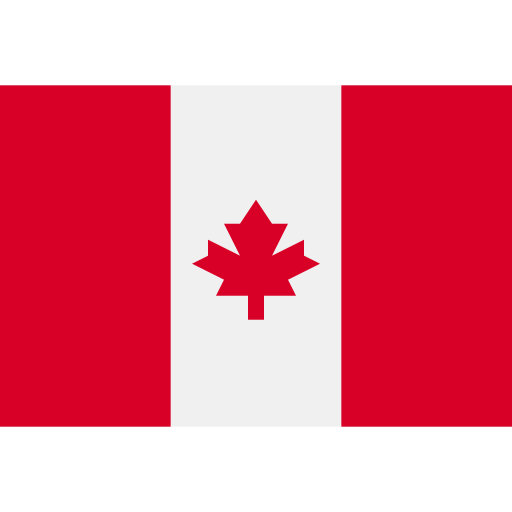 Canada
Canada Japan
Japan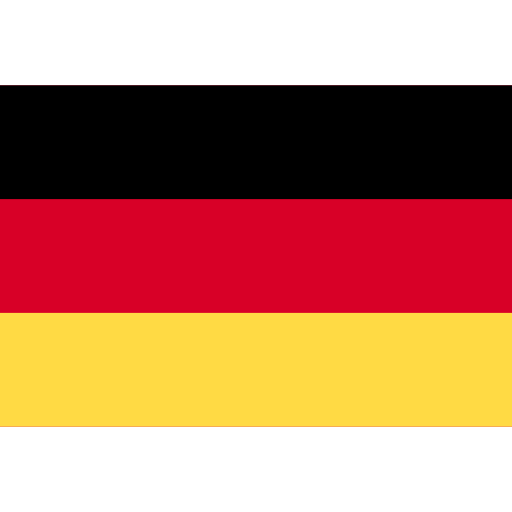 Germany
Germany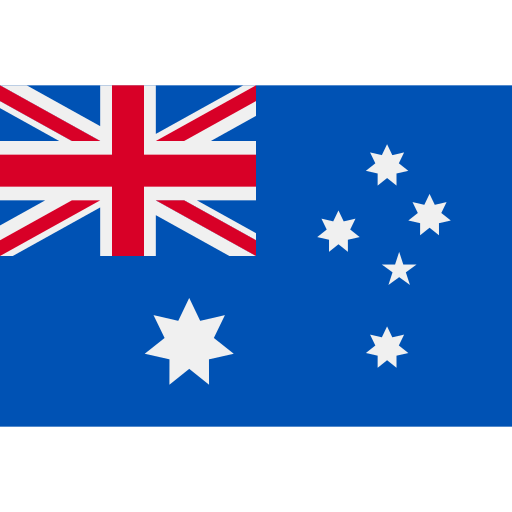 Australia
Australia United States
United States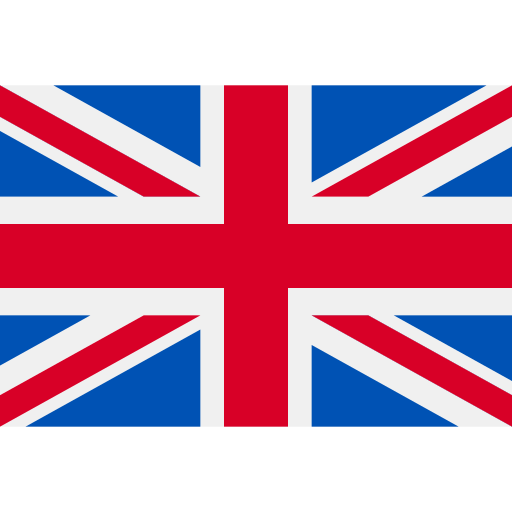 United Kingdom
United Kingdom China
China France
France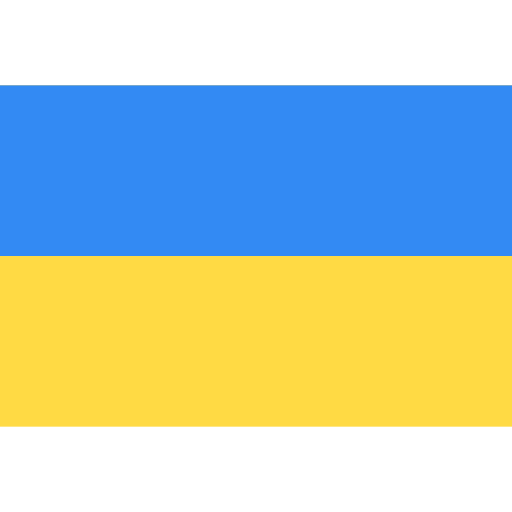 Ukraine
Ukraine Russia
Russia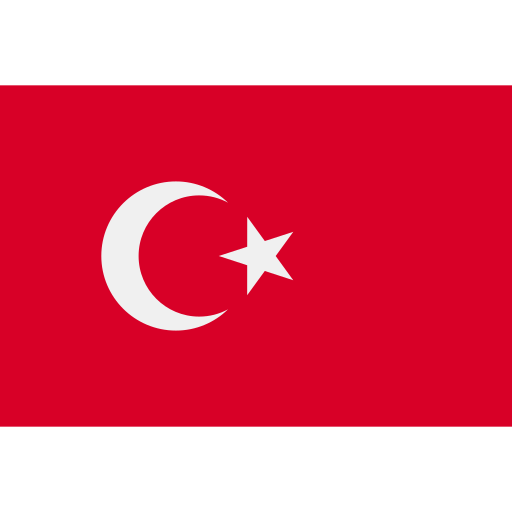 Turkey
Turkey
Comments are closed.